Any plant that comes with the word “miracle” in its introduction is bound to make us sit up and take notice. Moringa oleifera is definitely one of those plants. Its titles range from “Miracle Tree” to “Tree of Life.”
Hailing from India, it has crossed borders throughout history to be cultivated by the Egyptians and Greeks, and even holds a special place in the ancient system of Ayurvedic medicine (1).
Even today, moringa is praised as a remedy throughout regions susceptible to malnutrition due to its astoundingly high levels of protein and antioxidants. In fact, moringa’s status as a cure-all is taken so seriously that natives use it to treat diabetes, vitamin A deficiencies, and even HIV/AIDS (2).
Do you struggle with bloating, gas, constipation, or other digestive issues? We’ve created a FREE guide to healing your gut naturally.
Click here to get your FREE copy of our Digestion Guide!
Health Benefits of Moringa
But do these ancient (and modern) claims stand the test of science? We’ll take a look below, and also unravel the many benefits hiding in this wonder plant.
1. Moringa Boosts the Immune System

The potent combination of phytonutrients, amino acids, antibacterial compounds, and antioxidants that come together in moringa form an excellent immune booster. Interestingly, researchers have found that even a low dose of moringa causes an increase in serum immunoglobulins, which are antibodies used by the immune system to attack viruses and bacteria. This occurs even at a cellular level, and was found to work best at lower doses than at higher doses (3).
The takeaway? More moringa doesn’t always equal better, but some moringa during the cold season or while dealing with a lowered immune system could act as an immune-strengthening fighting force.
2. Moringa May Reduce Inflammation
Moringa also contains a rare combination of phytonutrients (36 to be exact), including kaempferol, quercetin, zeatin, beta-sitosterol, and caffeoylquinic acid, that have been known to have strong anti-inflammatory effects (4).
Because of this, studies have determined that supplementing with moringa may indeed be a useful treatment for acute inflammatory conditions such as arthritis, with one study in particular showing that moringa was as promising as the potent drug indomethacin at improving inflammatory markers (5).
3. Moringa Has Anti-Diabetic Properties
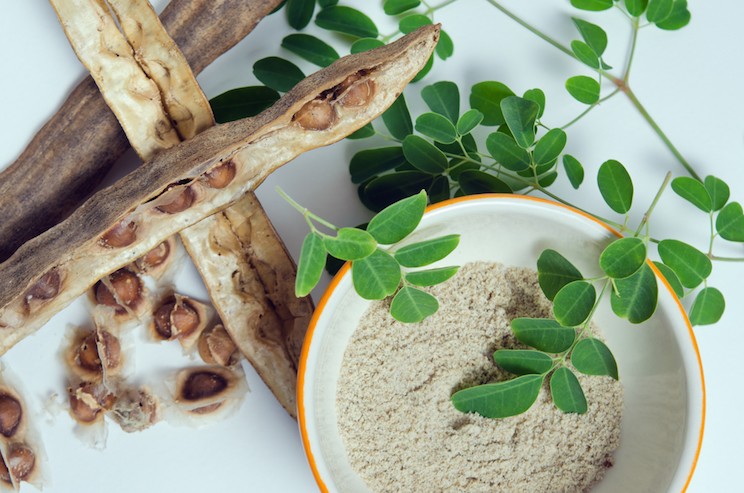
Another acid present in moringa (it seems we can’t run out of them!) has also been shown to help control blood sugar levels. Chlorogenic acid does this by helping cells in their efforts to pick up or release blood sugar at the correct times.
One study showed that by including moringa (along with curry and bitter gourd) in a high carbohydrate meal, plasma insulin responses were significantly lower than when it wasn’t included (6).
Another study, performed on mice, found that moringa supplementation restored the health of their kidneys and pancreases, along with reducing three important markers seen in diabetes (7).
4. Moringa Improves Digestive Problems
It turns out that the anti-inflammatory flavonoids and antioxidants in moringa also help to improve inflammatory digestive issues, such as colitis and irritable bowel syndrome. Researchers have found that moderate doses reduced mucosal inflammation severity, ulcer severity, and the weight of distal colon, which is a marker for inflammation and edema (8).
It’s no wonder moringa has been used throughout Egypt and within the Ayurvedic system of medicine for thousands of years to treat ulcers, infections, and other digestive complaints (9).
5. Moringa is Antibacterial and Antifungal

Moringa comes to the rescue once again in the fight against bacterial, fungal, and other infections. In fact, even potent bacteria such as staph have been shown to be hindered by moringa extract (10).
Studies credit moringa’s blend of saponine, tannic, phenolic, and alkaloid phytoconstituents for its antibacterial activities. Saponins especially have been studied for their ability to act as antibacterial and antifungal “detergents” in the body (11).
However, these effects occur not only in the body, but also in water. Researchers were surprised to discover that moringa seeds also purify water more efficiently than many popular synthetic materials (12)!
6. Moringa Stabilizes Mood
Moringa’s high protein content also makes it a great mood stabilizer. Specifically, it is rich in the amino acid tryptophan, which converts to mood-boosting serotonin in the body (13).
Moringa is also used as an antidepressant in developing countries such as India. In the ancient system of Ayurveda, it is also used to enhance memory and treat nervous system disorders. Research appears to back these claims, with one study finding moringa shows similar activity to SSRIs, a class of drugs commonly used in depression treatment (14).
7. Moringa Fights Aging

Moringa’s antioxidant content is truly exceptional. It’s rich in vitamin C, carotenoids, and polyphenols, which are stellar anti-aging compounds that help fight free radical damage and oxidative stress.
One study showed that women supplementing with just 1½ teaspoons of moringa powder per day for three months “significantly increased” their antioxidant levels while also decreasing their serum glucose levels (15).
8. Moringa is Rich in Protein, Vitamins and Minerals
In addition to its bountiful antioxidants, moringa is also a rich source of protein, vitamins, and minerals. Research confirms that, ounce for ounce, moringa contains:
- All of the essential amino acids in its leaves.
- More vitamin A than carrots.
- More calcium than milk.
- More vitamin C than oranges.
- More iron than spinach.
- More potassium than bananas.
These vitamins and minerals are found not only in the leaves, but also in the roots, bark, flowers, and seeds, making it a true superfood from top to bottom (16, 17).
9. Moringa May Lower Cholesterol
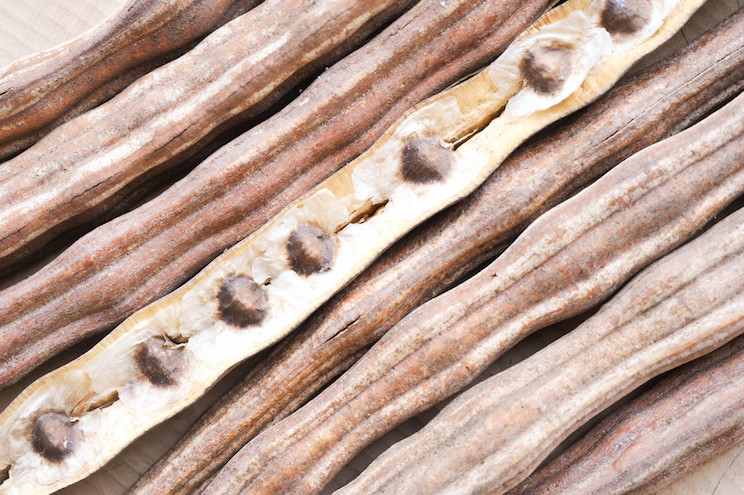
Moringa also shows promising results in animal studies as a way to naturally lower cholesterol. One study found that giving moringa to a group of high-cholesterol rabbits reduced “lipoprotein-cholesterol by about 50 percent … and carotid plaque formation by 97 percent.” Not to mention, researchers stated that the protective effect provided by moringa was “comparable to that of the anti-cholesterol drug simvastatin” (18).
How to Use Moringa
Luckily, the ways to get moringa into your diet are virtually limitless. If you have a moringa tree, you can eat the leaves by adding them to a salad (the taste is similar to a radish). Alternatively, you can purchase moringa tea or moringa powder to add to smoothies, soups, sauces, and even salad dressings. You can also experiment with cold-pressed moringa oil, although it is on the pricier side.
Keep in mind that moringa does have a “green” taste similar to other green powders, so it might be best to start with a small amount when adding it to smoothies and dishes. Any way you’re getting this “miracle” plant, however, is bound to do your body good.
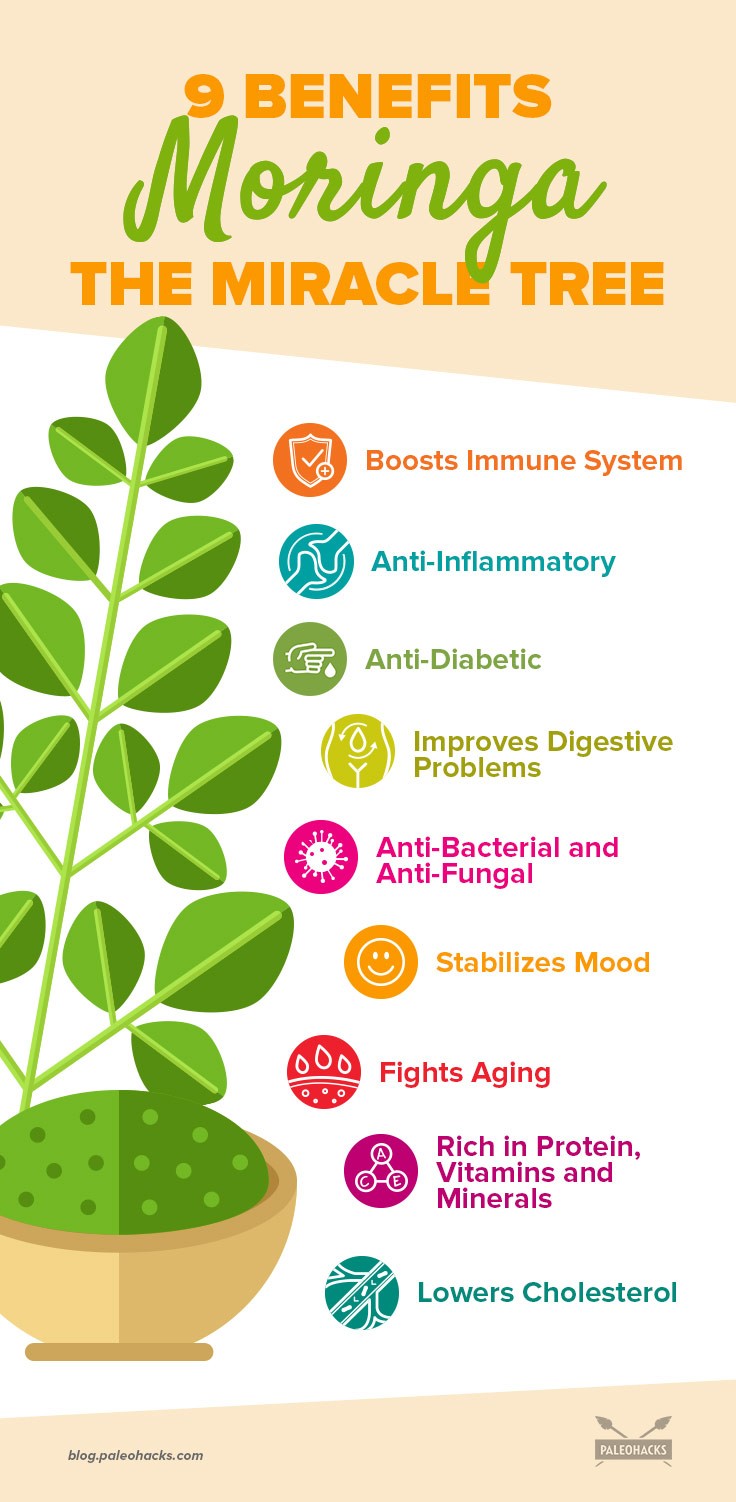


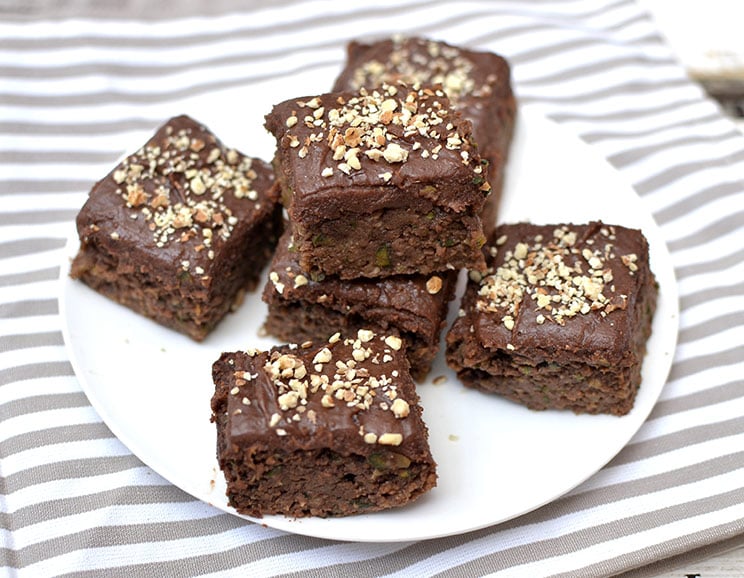 Hidden Veggies Tiger Nut Brownies
Hidden Veggies Tiger Nut Brownies






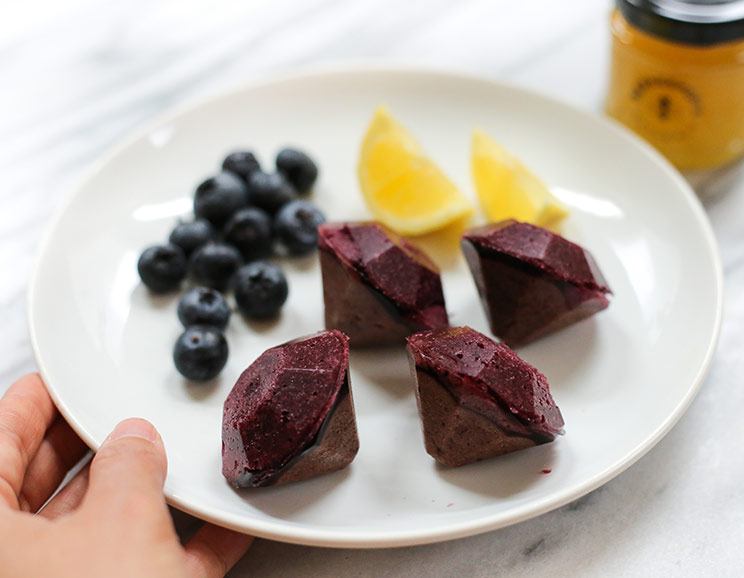
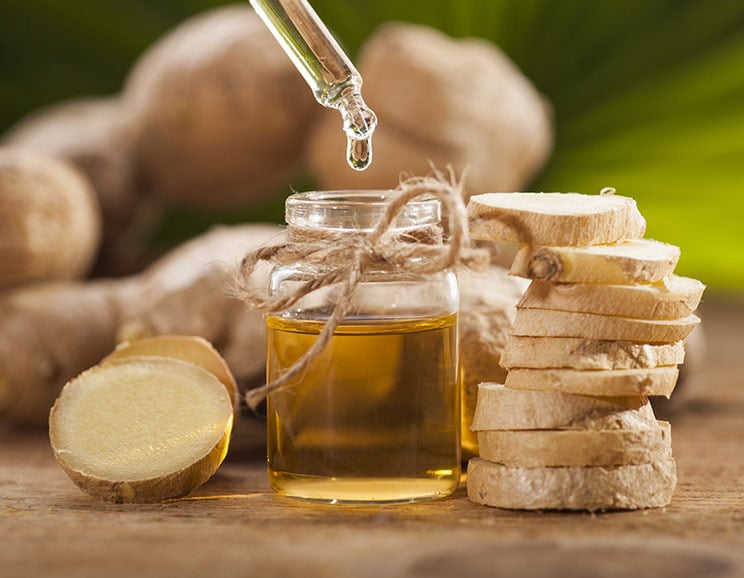

Show Comments